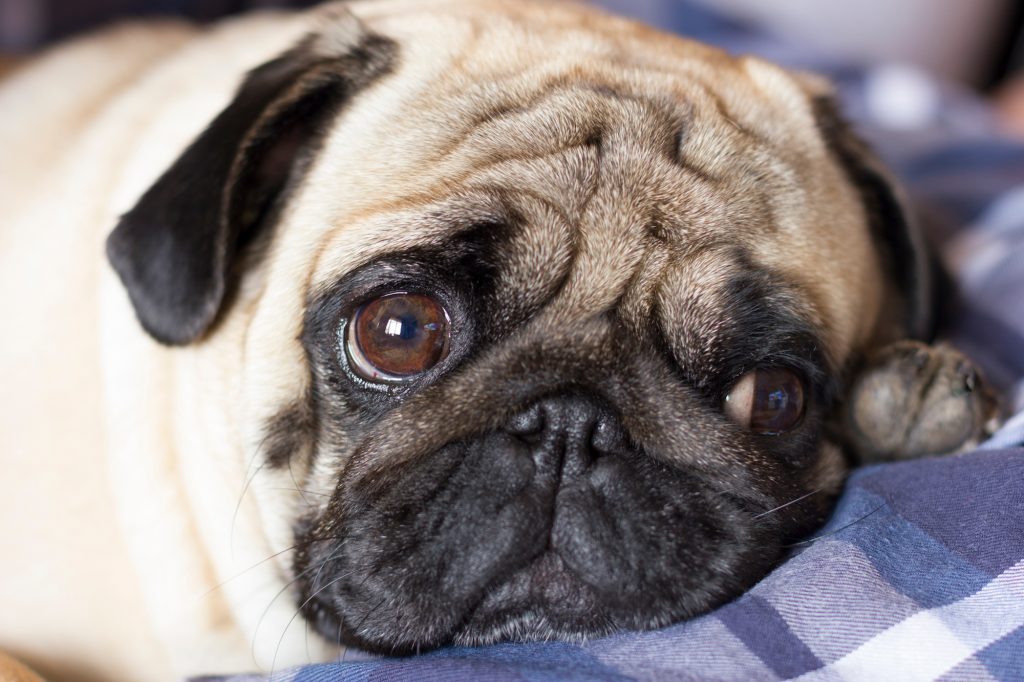China’s notorious dog-meat festival has opened in defiance of a government campaign to improve animal welfare and reduce risks to health highlighted by the novel coronavirus outbreak, but activists are hopeful its days are numbered.
The annual 10-day festival in the southwestern city of Yulin usually attracts thousands of visitors, many of whom buy dogs for the pot that are on display in cramped cages, but campaigners said the numbers this year have dwindled.
The government is drawing up new laws to prohibit the wildlife trade and protect pets, and campaigners are hoping that this year will be the last time the festival is held.
“I do hope Yulin will change not only for the sake of the animals but also for the health and safety of its people,” said Peter Li, China policy specialist with the Humane Society International, an animal rights group.
“Allowing mass gatherings to trade in and consume dog meat in crowded markets and restaurants in the name of a festival poses a significant public health risk,” he said.
The coronavirus, which is believed to have originated in horseshoe bats before crossing into humans in a market in the city of Wuhan, has forced China to reassess its relationship with animals, and it has vowed to ban the wildlife trade.
In April, Shenzhen became the first city in China to ban the consumption of dogs, with others expected to follow.
The agriculture ministry also decided to classify dogs as pets rather than livestock, though it remains unclear how the reclassification will affect Yulin’s trade.
Zhang Qianqian, an animal rights activist who was in Yulin on Saturday, said it was only a matter of time before the dog-meat festival was banned.
“From what we understand from our conversations with meat sellers, leaders have said the consumption of dog meat won’t be allowed in future,” she said.
“But banning dog-meat consumption is going to be hard and will take some time.”
Also Read:
China reports 18 new coronavirus cases, nine in Beijing
Retired pope returning to Vatican after visiting ill brother
South Korea says it is battling ‘second wave’ of coronavirus


